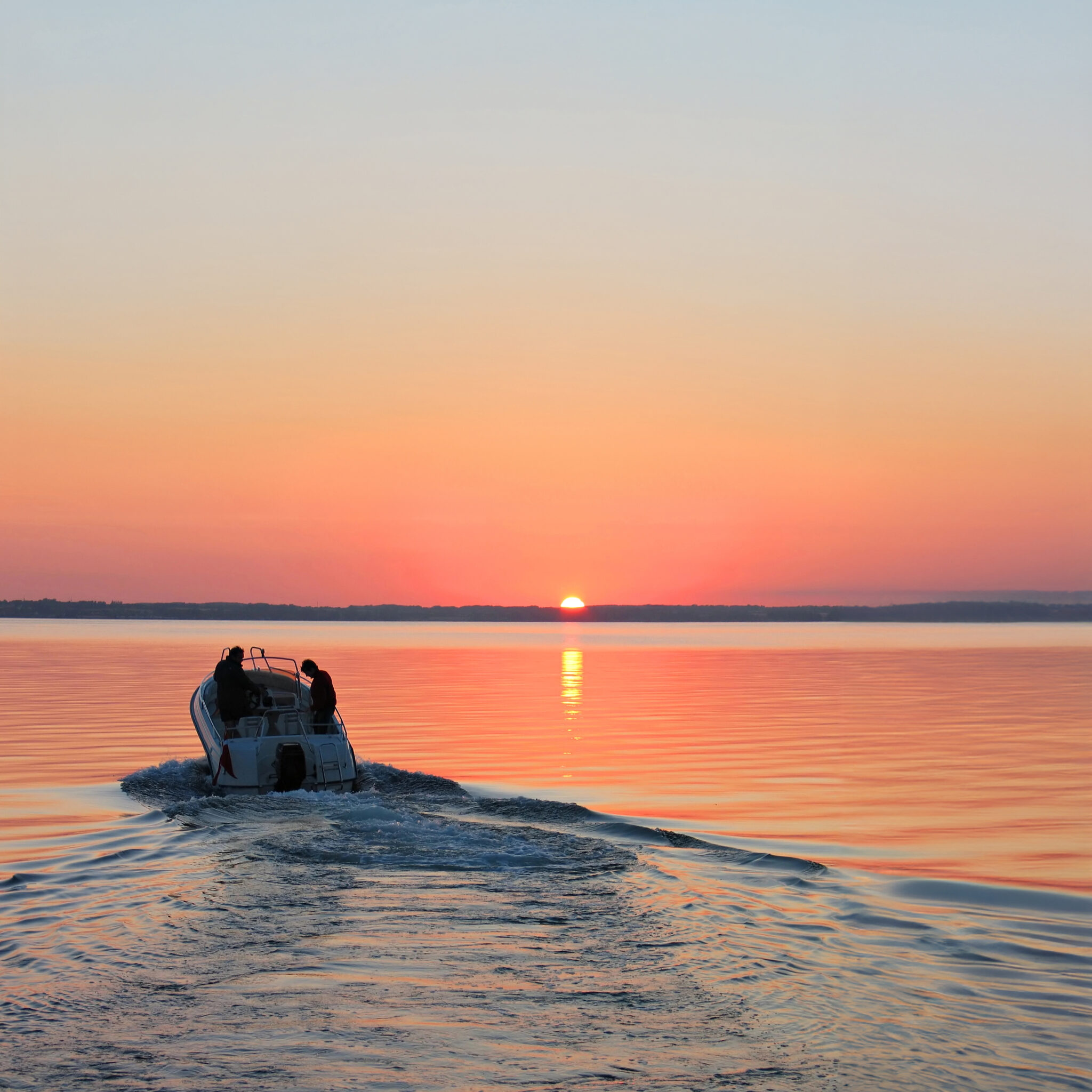As the summer heats up, boat activity on Geist Reservoir is expected to spike. The Indiana Department of Natural Resources (DNR) plays a crucial role in promoting boat safety on Geist Reservoir, providing guidelines, regulations and resources to help boaters navigate the waters safely. Here’s a comprehensive overview of boater watercraft safety on Geist Reservoir, highlighting key practices and regulations enforced by the Indiana DNR.
1. Knowledge of Regulations
Before embarking on a boating excursion on Geist Reservoir, it’s essential for boaters to familiarize themselves with Indiana’s boating regulations. The Indiana DNR publishes a comprehensive guide outlining state-specific boating laws, rules and requirements. Understanding these regulations helps ensure compliance and promotes safe boating practices on the reservoir. Key regulations include requirements for boater education, registration and operation of watercraft.
2. Boater Education
Boater education is a cornerstone of watercraft safety on Geist Reservoir. The Indiana DNR offers boater education courses designed to educate boaters of all ages and experience levels on safe boating practices, navigation rules and emergency procedures. Completion of a boater education course may be mandatory for certain age groups or operators of specific types of watercraft. By arming boaters with essential knowledge and skills, boater education plays a vital role in preventing accidents and promoting safety on the water.
3. Personal Flotation Devices (PFDs)
The use of PFDs is paramount to boater safety on Geist Reservoir. Indiana law requires that all watercraft be equipped with properly fitting, U.S. Coast Guard-approved PFDs for each person on board. Additionally, children under a certain age are typically required to wear a PFD while the vessel is underway. Boaters should ensure that PFDs are readily accessible and in good condition before setting out on the water. Wearing a PFD significantly reduces the risk of drowning in the event of an accident or capsize, making it a crucial safety precaution for all boaters.
4. Safe Operation Practices
Safe operation practices are essential for preventing accidents and ensuring the well-being of all watercraft users on Geist Reservoir. Boaters should adhere to speed limits, maintain a safe distance from other vessels and operate their watercraft in a responsible manner at all times. Avoiding reckless behavior, such as excessive speed, weaving through traffic, or operating under the influence of drugs or alcohol, is crucial for preventing accidents and preserving safety on the reservoir. Additionally, boaters should be vigilant for hazards such as submerged objects, shallow water areas and inclement weather conditions, adjusting their speed and course as necessary to avoid potential dangers.
5. Environmental Stewardship
Environmental stewardship is an integral aspect of boater safety and responsible watercraft usage on Geist Reservoir. Boaters should take care to minimize their environmental impact by properly disposing of trash and recyclables, avoiding the release of pollutants or harmful substances into the water, and respecting wildlife and natural habitats. By practicing responsible environmental stewardship, boaters can help preserve the beauty and ecological integrity of Geist Reservoir for future generations to enjoy.
Boater watercraft safety on Geist Reservoir is a shared responsibility among all watercraft users, enforced and promoted by the Indiana DNR. By adhering to these five practices, boaters can enjoy the waters of Geist Reservoir safely and responsibly. Through a commitment to safety and awareness, boaters can help ensure Geist Reservoir remains a cherished recreational destination for years to come.




